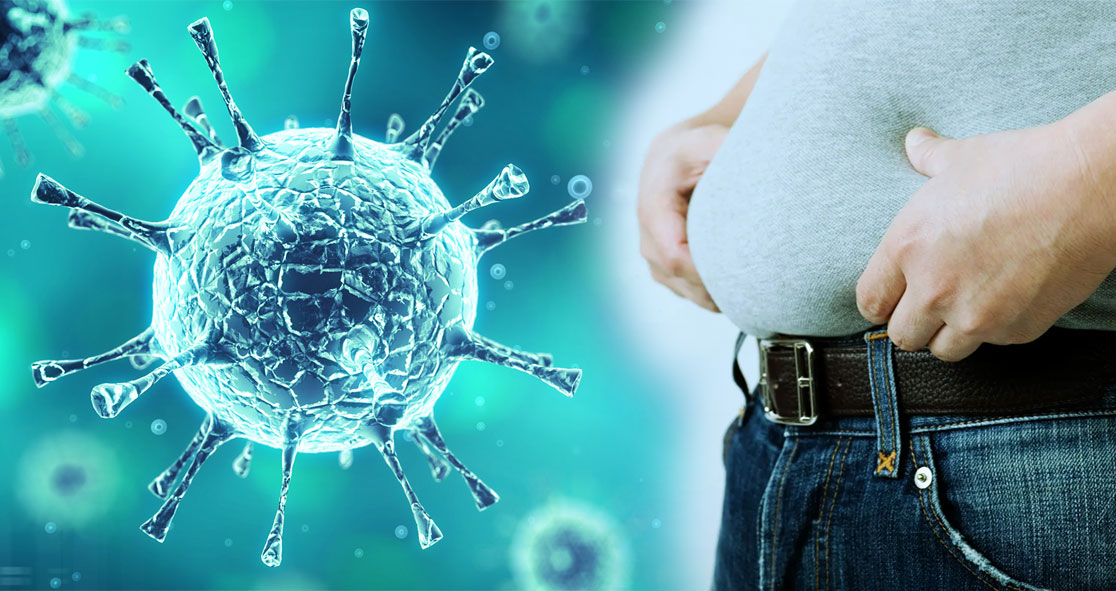A new study from the researchers of Washington University School of Medicine in St. Louis has suggested that men with low testosterone levels are vulnerable to more severe COVID infection.
However, the study, published online in JAMA Network Open, could not prove that low T level is a cause of severe COVID-19. Instead, it said low T levels could simply be considered a marker of some other causal factors.
Nevertheless, the researchers have urged experts to be cautious about the ongoing clinical trials investigating hormonal therapies that block or lower testosterone or increase estrogen as a treatment for men with COVID-19, according to Science Daily.
The study’s senior author Dr. Abhinav Diwan said, “During the pandemic, there has been a prevailing notion that testosterone is bad, but we found the opposite in men.”
“If a man had low testosterone when he first came to the hospital, his risk of having severe COVID-19, meaning his risk of requiring intensive care or dying, was much higher compared with men who had more circulating testosterone,” he explained. “And if testosterone levels dropped further during hospitalization, the risk increased.”
However, the researchers did not find any correlation between hormone levels and COVID severity in women. In men, only testosterone was associated with the severity of the disease.
The team also found that the COVID-19 infection was more severe in those who had extremely low levels of testosterone. Men who had the lowest levels of testosterone were at the highest risk of needing mechanical ventilation and intensive care. Of those, 25 men who had the lowest T levels died over the course of the study.
The researchers noted low T levels are associated with age, obesity, and diabetes, which are also associated with an increased risk of severe COVID-19.
The study’s first author Dr. Sandeep Dhindsa said, “The groups of men who were getting sicker were known to have lower testosterone across the board. We also found that those men with COVID-19 who were not severely ill initially, but had low testosterone levels, were likely to need intensive care or intubation over the next two or three days.”
“Lower testosterone levels seemed to predict which patients were likely to become very ill over the next few days,” he added.
Dr. Diwan explained, “We are now investigating whether there is an association between sex hormones and cardiovascular outcomes in long COVID-19 when the symptoms linger over many months.”
“We also are interested in whether men recovering from COVID-19, including those with long COVID-19, may benefit from testosterone therapy,” he added. “This therapy has been used in men with low levels of sex hormones, so it may be worth investigating whether a similar approach can help male COVID-19 survivors with their rehabilitation.” The article was published in Science Daily.























